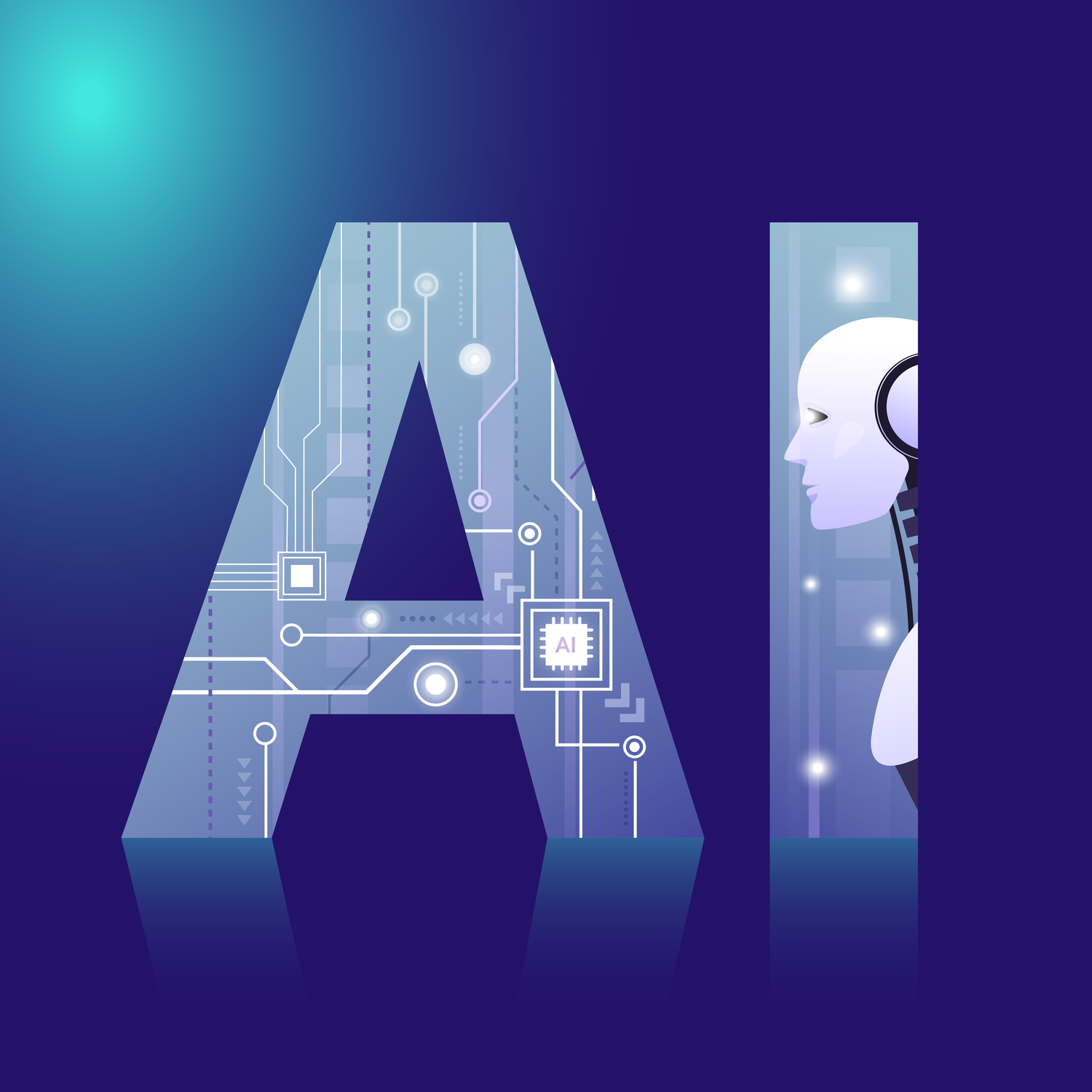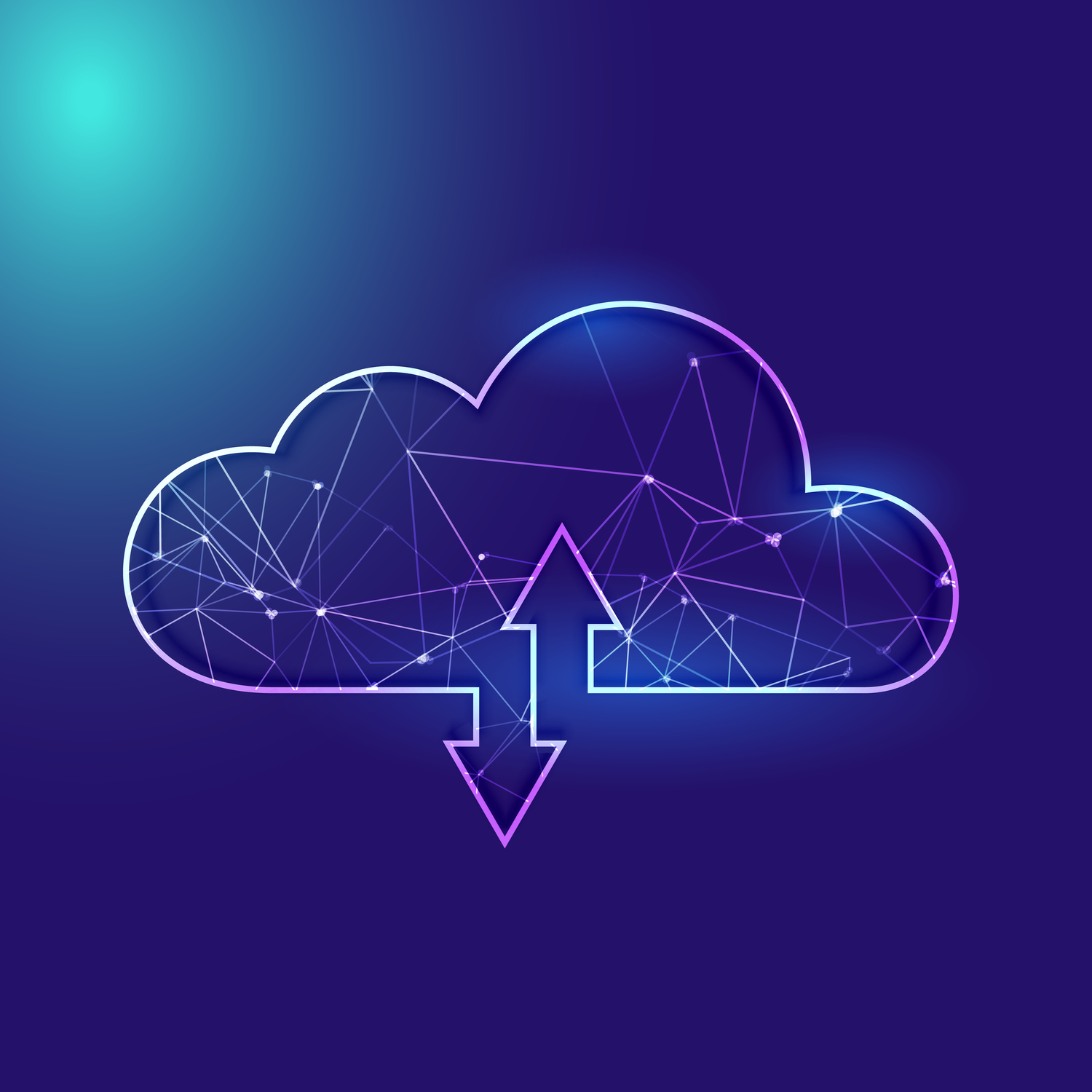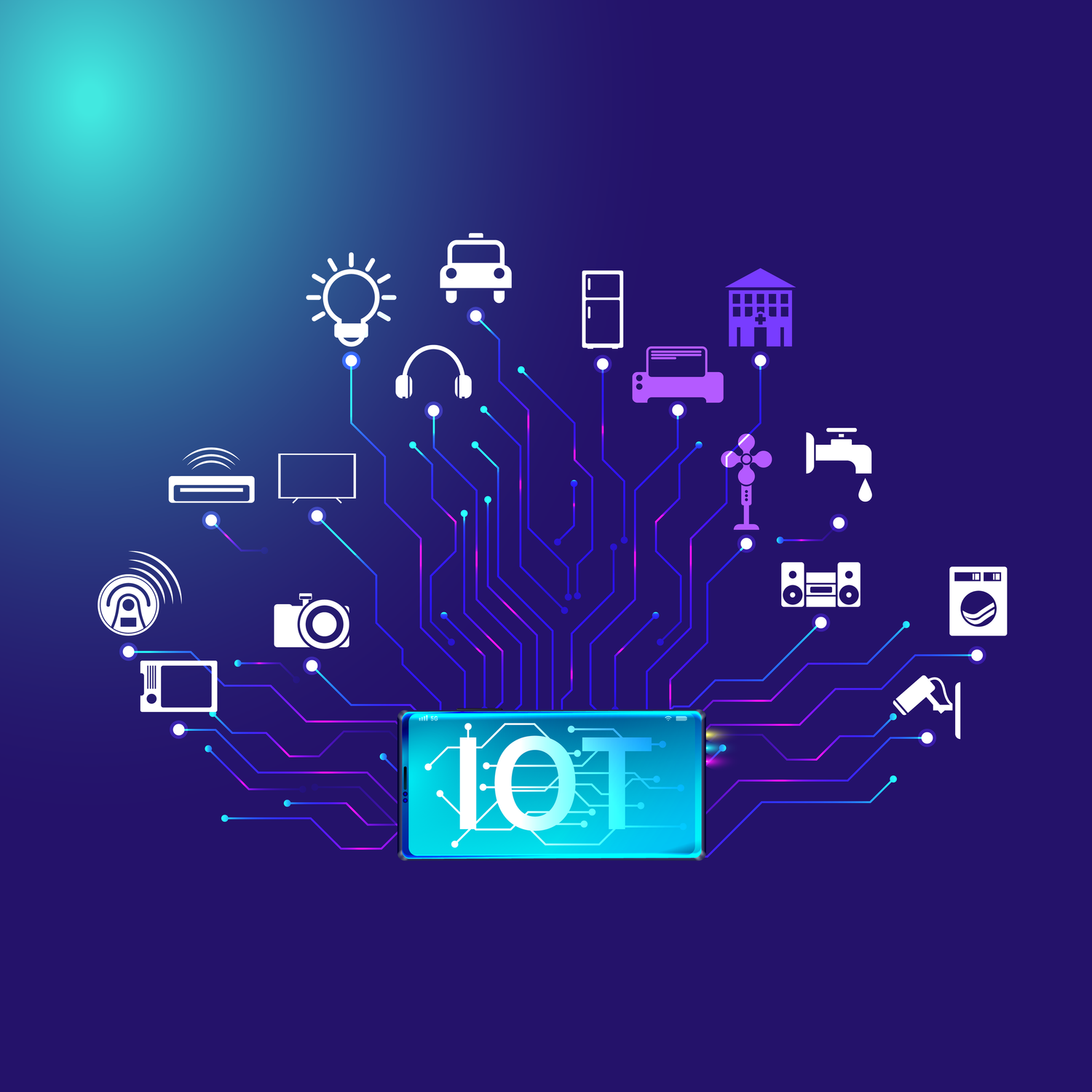Top 9 Software Development Outsourcing Trends and Technologies to Watch Out For
The tech industry has been witnessing a surge in software development outsourcing, as companies leverage the expertise of outsourcing partners to reach the global talent, reduce costs, optimize productivity. To stay at the forefront of the competitive market, service providers on the other hand adopt technologies and follow software development trends that can streamline processes and meet their clients needs.
This article explores the top 9 tech trends that are transforming the future of software development outsourcing, offering game-changing benefits, such as improved collaboration, automation, security, and scalability.
Artificial Intelligence (AI) and Machine Learning (ML)
AI and MLhave become a crucial component of software development outsourcing. From cloud hosting to integration with Python, AI-powered tools such as Google Cloud AI Platform, Teano, and Microsoft Azure can assist in various aspects of the software development process. By automating repetitive tasks such as debugging and testing, AI can help reduce errors while machine learning algorithms can analyze code patterns to identify potential issues, suggest improvements, and track progress. In addition, chatbots and virtual assistants backed by AI facilitate communication and collaboration between team members who work far apart from one another. Machine learning algorithms on the other hand can analyze historical data to predict future trends and outcomes. This provides software development companies enough predictive analytics to make decisions and plan their future steps.
Cloud Computing
Cloud computing is a technology that delivers computing services over the internet, allowing users to access a shared pool of resources on-demand. USD 405.65 billion was the value of the global cloud computing market in 2021 which is expected to become USD 1,712.44 billion by 2029 at a CAGR of 19.9% during the forecast period, according to Fortune Business Insight. Cloud Computing offers businesses flexibility and scalability while eliminating the need for investments in hardware and software, thus reducing costs. It’s time saving because developers can leverage these services to get quick access to the resources they need to build and test software and in the meantime have a seamless team experience, regardless of location. Cloud providers also offer advanced cybersecurity features that can help protect sensitive data from unauthorized access and cyber attacks.
Blockchain
Blockchain increases transparency, security, and efficiency to software development projects, making it an attractive solution for companies that seek to outsource their software development. Known as decentralized platforms, blockchain eliminates the need for a central authority, reducing the risk of data breaches and cyber attacks. It also removes intermediaries and thus enhances communications and team work. Due to the cryptography technique used in this technology, blockchain is immutable and hence the date added to each block is tamper-proof. This unique feature provides transparency as any changes made are irremovable and recorded separately. Moreover, blockchain improves the payment process for outsourcing companies by the help of the smart contracts built on blockchain guaranteeing faster and more secure payment transactions.
The Internet of Things (IoT)
IoT technology involves connecting physical devices and sensors to the internet, which allows them to communicate with each other and share data. In software development outsourcing, IoT technology plays a significant role in managing infrastructure and resources to ensure efficient development. By adopting IoT solutions, businesses can track the performance of their infrastructure in real-time, identify potential issues before they become serious problems. The efficient management can help businesses devote their resources to their core activities.
DevOps
DevOps is a methodology that combines software development and operations to speed up software delivery without impairing the quality. According to Statistica, it is the most used collaborative practice with 47% respondents opting for this approach in 2022. DevOps improves communication and automation with an aim to ensure continuous deployment, observation, feedback, and eventually continuous delivery. It enables organizations to rapidly release new software updates and features while maintaining stability and reliability. In addition, it guarantees an effective collaboration between the outsourcing partner and the client's team.
Low-Code and No-Code Development Platforms
Low-code and no-code development platforms are software tools that allow users to create and deploy applications with minimal or no coding experience. These platforms use drag-and-drop interfaces and pre-built modules to enable rapid application development. Therefore letting any user, whether a nontechnical user or a developer, create complex applications.
These platforms also offer greater flexibility, allowing users to create and modify applications quickly and easily. This can be particularly beneficial for outsourcing, as it enables organizations to respond to changing market conditions or customer needs more quickly. The global market value of low code platforms is estimated to grow 65 billion U.S. dollars by 2027.
Progressive Web Applications (PWAs)
PWAs are web-based applications that utilize web technologies to provide a native app-like experience to users. They are designed to work seamlessly on any device and can be installed on a user's device just like a native app, without the need for download from an app store. PWAs offer benefits such as improved performance, offline functionality, push notifications, and more.
In software development outsourcing, PWAs can play a significant role in enabling businesses to provide their users with a seamless and engaging experience. As PWAs can work on any device, businesses can build a single app that works across multiple platforms, saving time and money on development. Furthermore, PWAs can provide businesses with the opportunity to reach users who may not have access to a native app store, enabling them to expand their user base.
Virtual and Augmented Realities
Virtual reality (VR) and augmented reality (AR) technologies are changing the way companies interact with their customers, employees, and business partners. Service providers are utilizing these technologies to provide immersive experiences that were once impossible to have through traditional software development methods. For example, VR technology can simulate real-world scenarios, while AR technology can enhance the user's physical surroundings by overlaying virtual elements onto the real world. The demand for VR and AR software solutions is likely to increase in the coming years as more companies adopt these technologies to enhance their customer experience.
Improved Cybersecurity
Outsourcing software development may expose a company to cybersecurity risks such as data breaches, which can result in significant financial losses and damage to the company's reputation. Cybersecurity is the practice of safeguarding computer systems, networks, and data from unauthorized access, damage, or theft. It is crucial to ensure the security of confidential data and intellectual property when outsourcing software development. Now businesses can outsource their cybersecurity operations to Managed Security Service Providers (MSSPs) and benefit from reliability, continuity, non-stop coverage, broader experience, and better access to talent. They can help companies meet compliance requirements, and avoid non-compliance penalties. Companies can evaluate their cybersecurity needs and consider outsourcing to reputable MSSPs to ensure the security of their outsourcing operations.
Conclusion
With constant advancements in technology and cybersecurity, more and more businesses tend to look for an outsourcing company to hand over their software development. The outsourcing practice not only does give them access to global talent but also shifts their focus on the other aspects of their business that require undivided attention. As the industry becomes more competitive, businesses need to stay on top of software development trends and emerging technologies to remain relevant.










